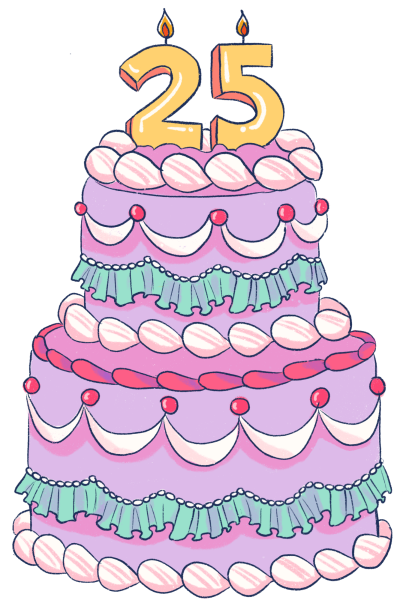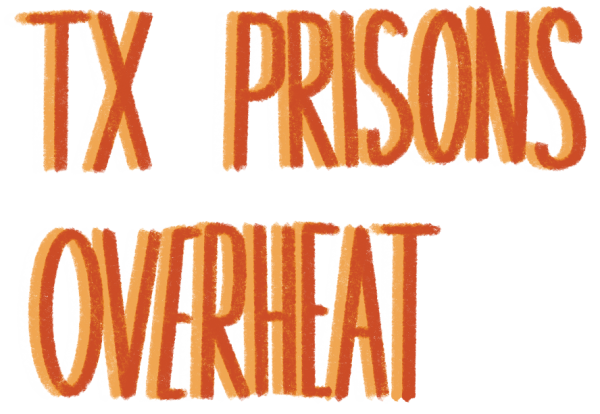Ethical Consumerism in Today’s Society
October 9, 2019
In a capitalist society, our strongest asset is our credit card. In a society ruled by the classical argument that wealth is finite, we must ask how we can make businesses more ethical. Our spending habits are how we show our support, and by buying from corrupt businesses, we further encourage immoral practices such as environmental irresponsibility, child labor, and tax evasion, whether or not it was the original intent.
Thrifting is extremely ethical, as it keeps clothes from being thrown away. It allows shoppers to purchase unethically produced items from a thrift shop which removes financial contribution to the company which produced it. If you like to shop in person, Buffalo Exchange is the best for thrifting. Offering bold vintage clothes, jewelry, bags, and shoes, it’s pricey but worth it. You also can sell your unwanted clothes to them for in-store credit. If you aspire to be an Instagram influencer, they have some designer items. All of their merchandise is very on-trend because they only accept recent clothing.
If you prefer shopping online, Depop, Poshmark, Mercari are all places where you can sell your own clothes online and buy other clothes and accessories. Even though many of their products are cheap, they are also poor quality. These apps carry fast fashion, meaning that their merchandise is produced quickly in response to trends, and often prioritize the speed at which they can produce items over their quality. One large part of being an ethical shopper is only buying things you need and that will last, rather buying items that are considered trendy that don’t serve a purpose and that you won’t wear a month later.
Ethical shopping also extends to grocery shopping. Buying organic foods that don’t use pesticides is a way to mitigate pollution since the potential for harmful runoff is reduced. While this limits your product options to what is in season, you are shopping in an environmentally conscious way.
Better World Shopping Guide is a great starting point to learn about navigating the world of ethical shopping. It tells you about the ethical or unethical practices of a business and give it a score based on things like child labor, eco-friendliness, and tax evasion. This way, you can always be informed about potential stores to buy from.
People with limited means can’t afford to buy more ethical things, which are more expensive because their workers are paid fair wages for their labor. It is important to recognize that in this case, purchasing unethical items is not the fault of the shopper. Some have limited options and being able to pick and choose where you shop and what you buy is a privilege. Rather than critiquing individual consumers for shopping habits they may not be able to change, turn to the companies themselves.
Shopping ethically is a difficult but rewarding choice. It requires money, time and research in addition to boycotting brands that are unethical. However, his moderately inconvenient choice can change the lives of others who don’t have the power to change their situation. By utilizing our most powerful tool as a consumer, money, we are able to loosen the grip of morally reprehensible businesses on industries we care about.







